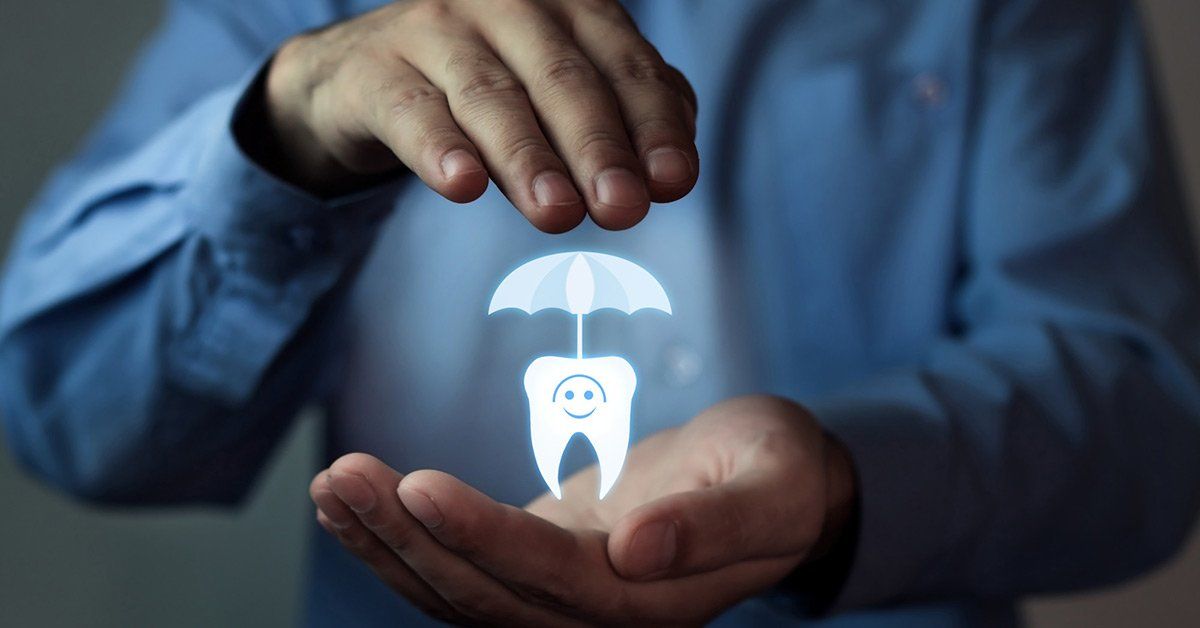6 Signs You Need to See an Emergency Dentist in Honesdale, PA
When excruciating tooth pain starts, it's time to call on the services of an emergency dentist in Honesdale, PA. Here's your guide to emergency dental care.
Many people wait too long to seek dental care for tooth pain or other related issues and end up going to the emergency room. The cost incurred by emergency rooms for preventable dental conditions amounts to around $2 billion each year.
1. Your Tooth Is Loose
As an adult, a wiggly or loose tooth qualifies as a dental emergency. Your teeth have matured properly and are sturdy tools that help you live a healthy and happy lifestyle. If your teeth start feeling loose, there could be a few reasons why.
One of the reasons could be an injury to your tooth. This is very painful. Don't hesitate to seek medical attention.
The injury could be caused by a car accident or sports-related encounter. Even if your teeth seem to be okay, you should still reach out to an emergency dentist to check for jaw or nerve damage.
Another reason for a loose tooth is a localized infection. A dentist is necessary to determine what type of infection is occurring. They'll conduct an oral exam and x-ray to see what is causing your infection.
2. You Have a Cracked Tooth
Sometimes you can chip a tooth and have no pain. In that situation, it's not necessary to contact an emergency dentist. A knocked-out, broken, or cracked tooth usually results in extreme pain.
Contacting an emergency dentist will help manage your pain and help save the tooth. If the pulp of your tooth is damaged, a root canal may be required as well. Sometimes a crown is the only procedure necessary.
3. You Have an Abscessed Tooth
When you have a pocket of pus located inside of your tooth that's infected, that's an abscess. An abscessed tooth can be life-threatening and serious. Some of the symptoms include:
- Consistent toothache
- Swollen face
- Bumps on the gums near the tooth
- High fever
- Tooth sensitivity
Reach out to an emergency dentist immediately if you have an abscessed tooth. The infection could potentially spread to your gums and jaw.
4. Your Jaw Is Swollen
A swollen jaw can be a sign of an infection. It could indicate that your salivary gland is infected. Seek help from an emergency dentist if you're experiencing a swollen jaw and the following symptoms:
- Trouble breathing
- Fever
- Bad taste in your mouth
- Trouble swallowing or breathing
An infection to your salivary gland is usually a result of a blockage. That can cause your saliva to have trouble doing its job. Your saliva is there to wash away any bacteria and break down your food.
5. You Have a Metal Taste in Your Mouth
If you start to taste metal in your mouth, that could be a result of an old metal filling becoming loose or getting cracked. An open filling can leave your tooth susceptible to new cavities and infection. It's important to seek dental care immediately.
An emergency dentist can remove any bacteria or infection in your tooth. They can also replace your broken filling.
6. Your Gums Are Aching and Bleeding
It can be common for gums to bleed after flossing, but there's a certain amount that's normal. If you're bleeding an excessive amount, that could be a sign of gingivitis or early gum disease. Additionally, if your gums are also aching and the bleeding is recurring, you should seek emergency dental care.
Getting hold of gum disease quickly is essential to keeping your teeth and gums intact and healthy. Certain symptoms can't be helped if they get too far along. Some stages of gum disease result in you unable to get your teeth back to their normal and healthy state.
What's Not a Dental Emergency?
There are certain situations where you can wait to book an appointment with your dentist. Some of these circumstances include:
- Consultations for dental procedures
- Routine checkups and cleanings
- Extraction of a tooth or teeth that aren't causing pain
- Cavities that aren't painful
Additionally, if you have a broken tooth that's not causing you any pain, you can likely wait to contact your dentist. If there are sharp fragments that are causing pain to the inside of your mouth, you should contact an emergency dentist.
If you have a toothache that isn't severe and isn't abscessed, you can wait to seek treatment as well. If other symptoms like high fever or swelling start to occur, you shouldn't wait.
What Should I Do If I Need Emergency Care?
If you've determined that you need emergency dental care, reach out to a reliable and trustworthy dentist. If you get their voicemail when you call, leave a message and follow any additional instructions. They might have another phone number for you to call.
When leaving a voicemail, describe your symptoms and any pain you're experiencing in detail. Emergencies are typically treated as soon as possible.
If you start noticing unpleasant symptoms, don't hesitate to call. You don't want to wait until it's too late.
Reach Out to an Emergency Dentist in Honesdale, PA
If you're experiencing any of the above types of dental emergencies, don't hesitate to contact an emergency dentist in Honesdale, PA. You need to manage your pain and avoid any permanent damage to your tooth, gums, and/or nerves.
Complete Health Dentistry of NEPA is here to help with all of your dental issues. Contact us today for your dental needs.


